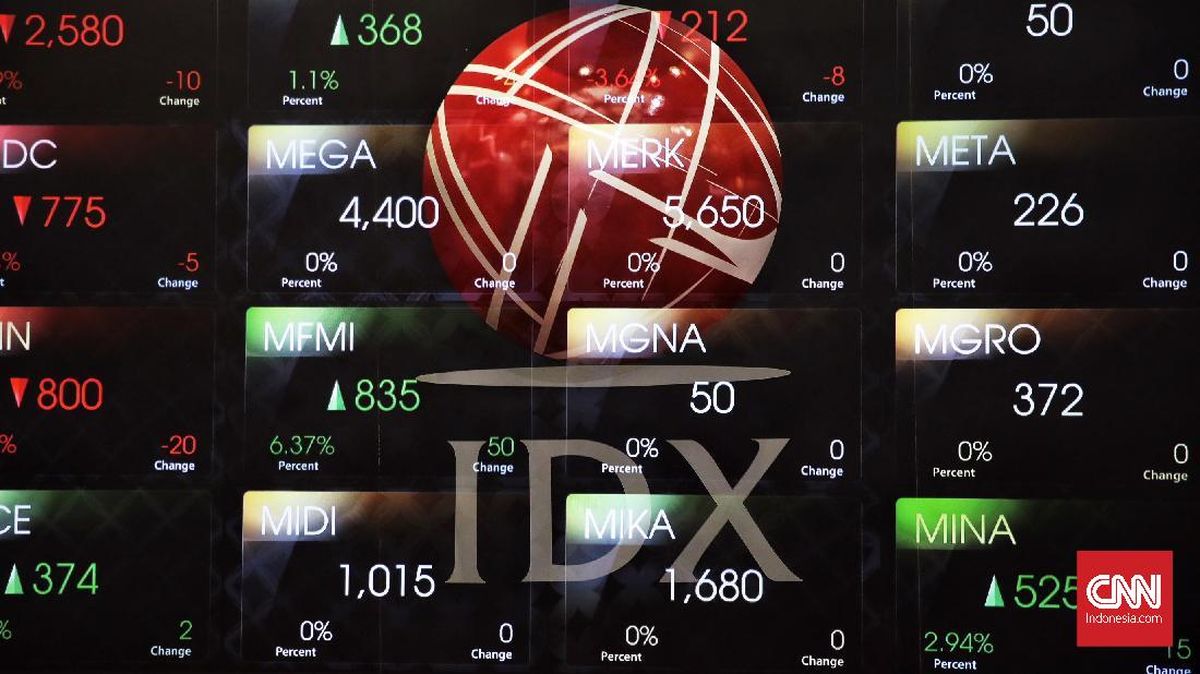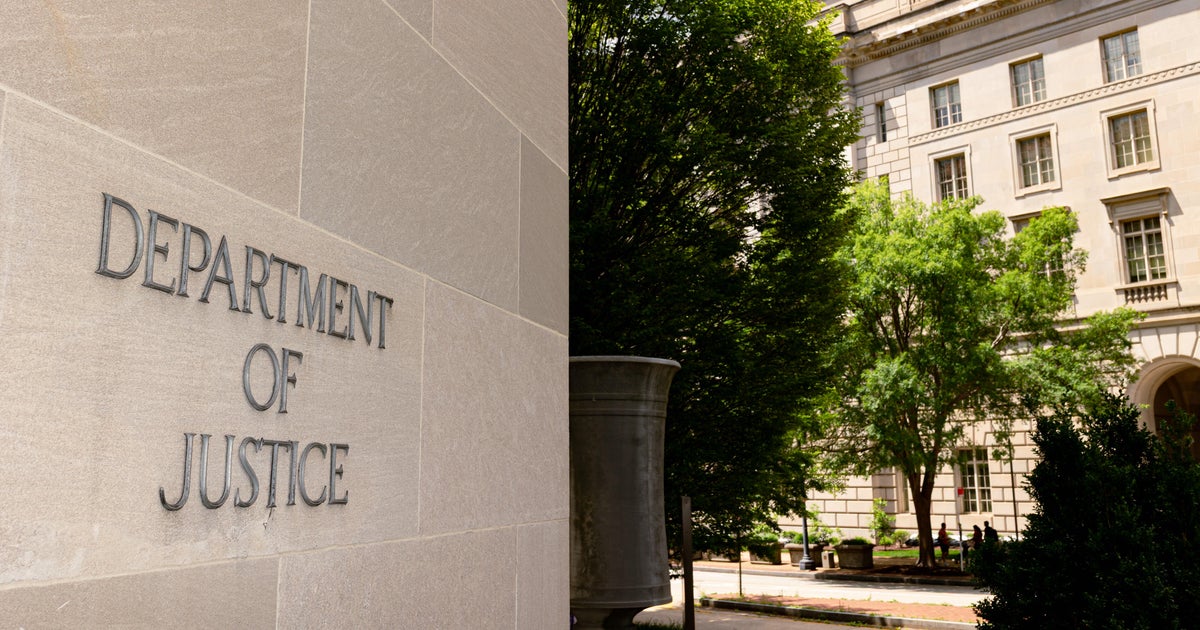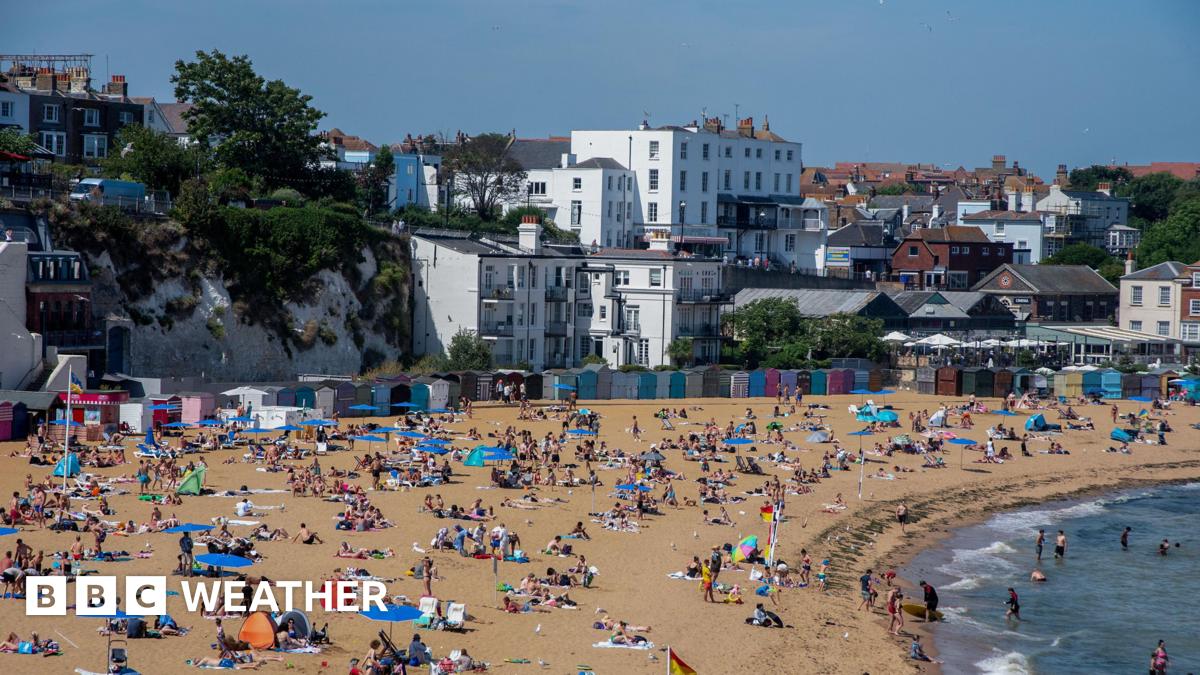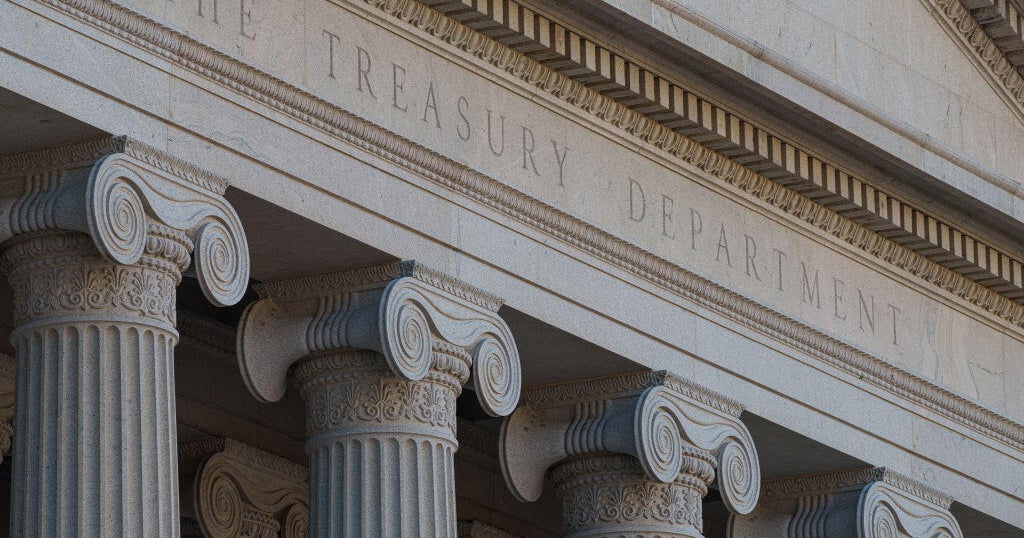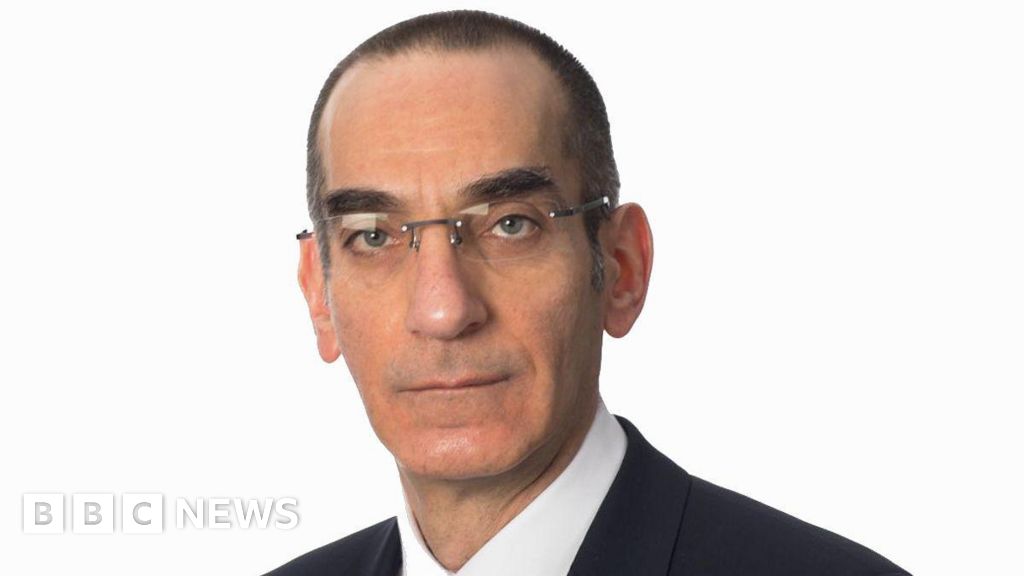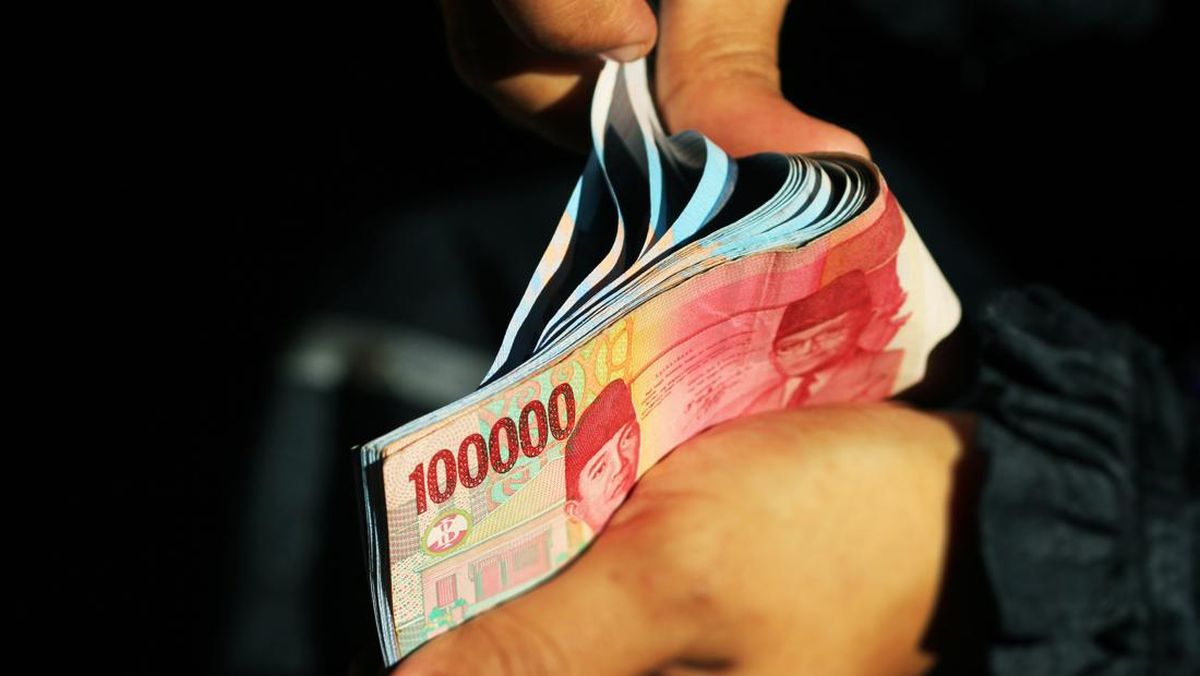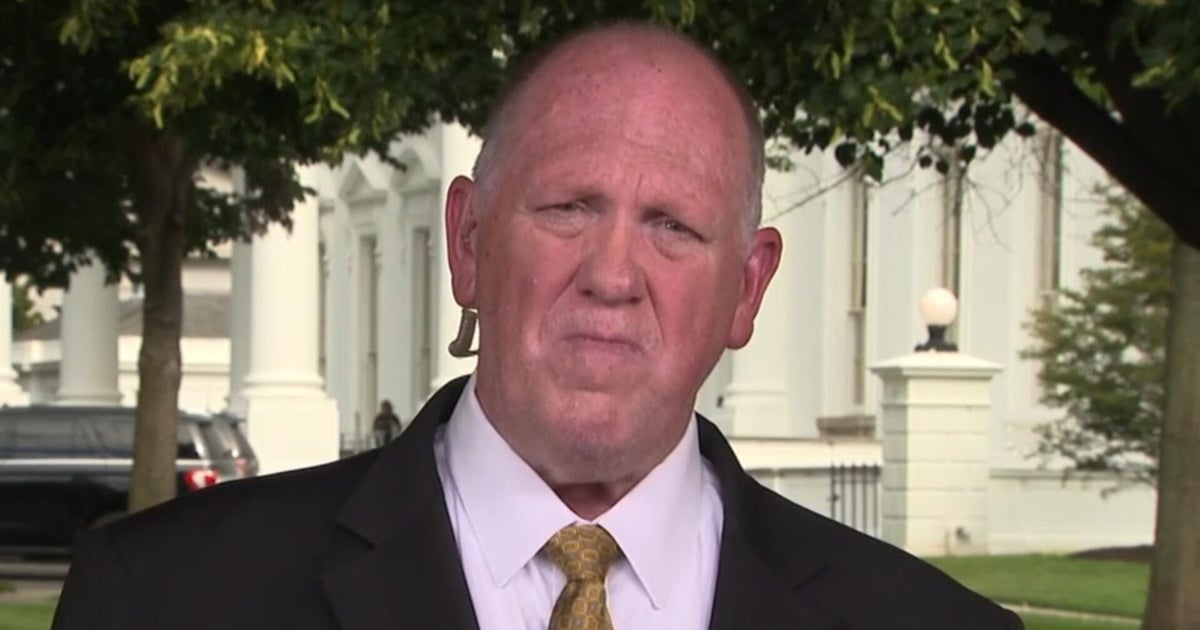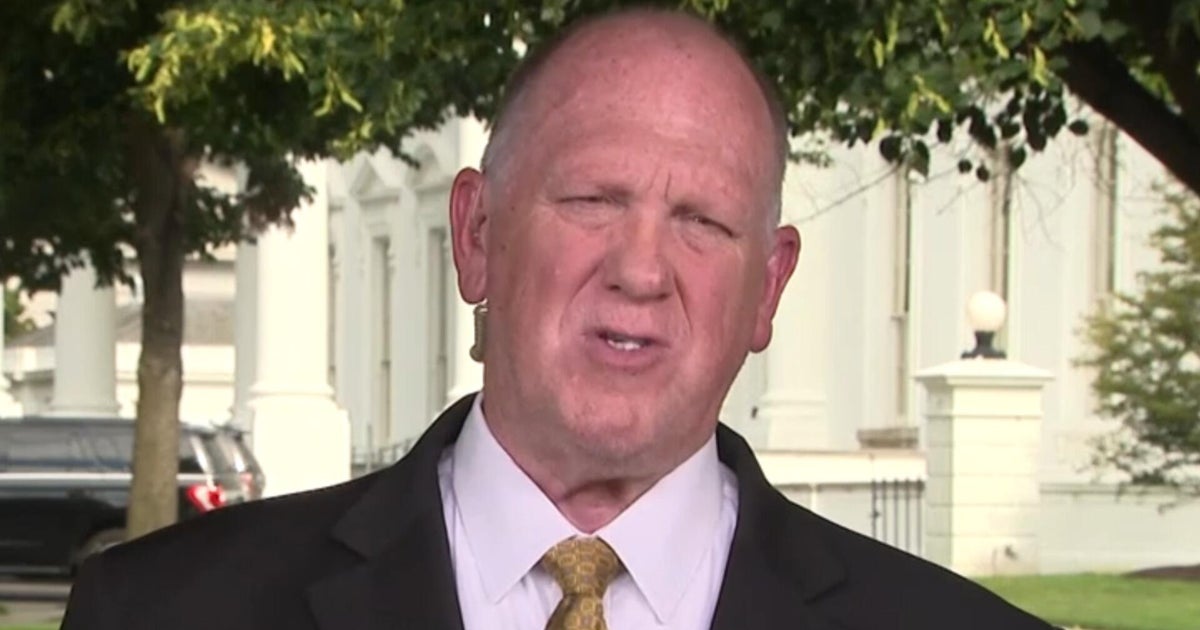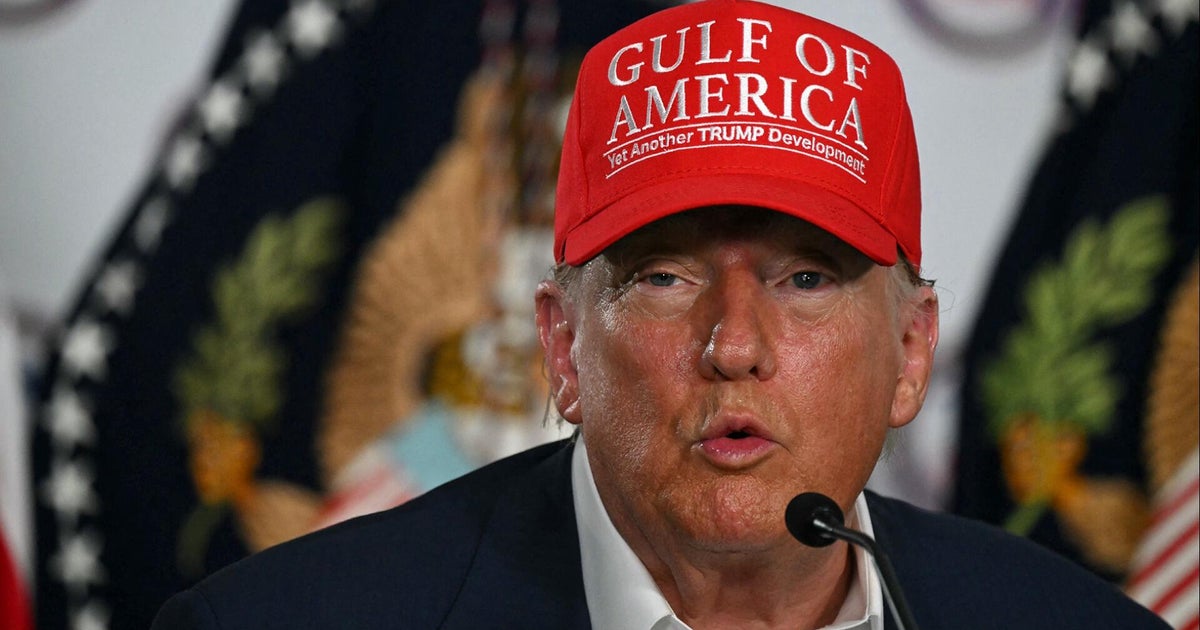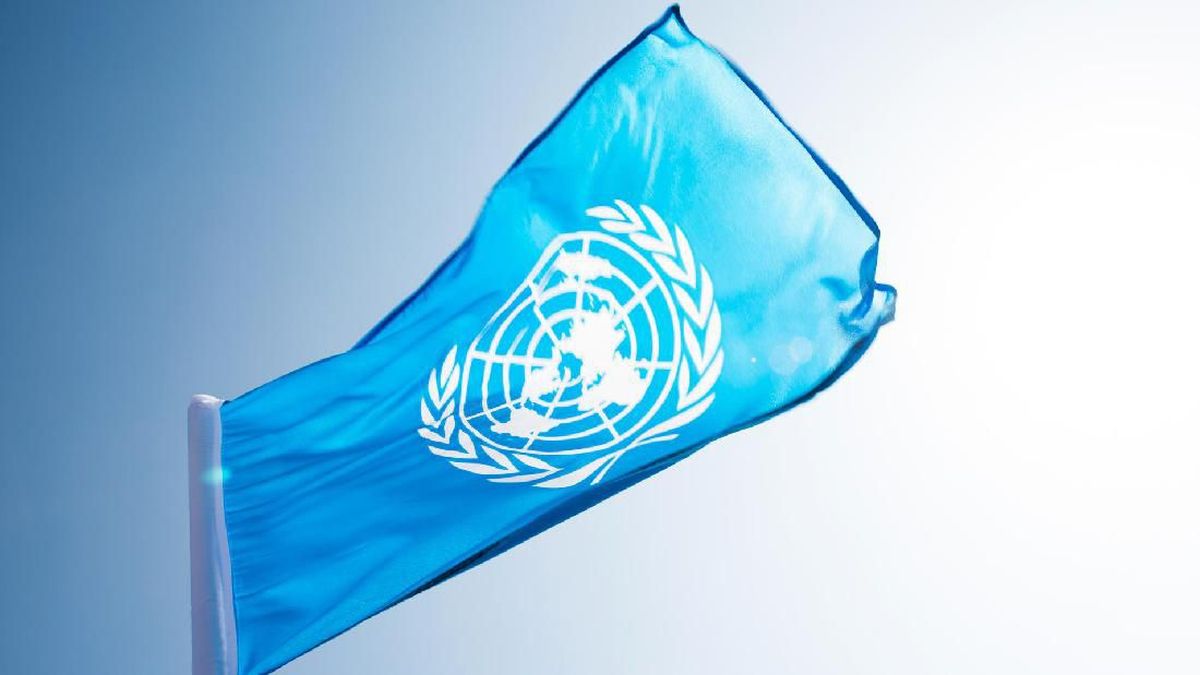Australia’s political history is littered with the corpses – and near-death experiences – of political leaders who tried to tackle the country’s complex tax system.

Credit: Simon Letch
Kevin Rudd was swept out of power, partly because of controversy over his mining tax and emissions trading scheme. Julia Gillard followed just three years later, facing fierce debate over her carbon tax. And Bill Shorten’s downfall in 2019 is often pinned to his proposed changes to negative gearing and franking credits.
But it’s not just Labor that’s copped a few knockouts. John Howard escaped by the skin of his teeth in 1998, clinging onto government in an election fought over the goods and services tax. He famously declared the GST would “never ever” be on the Liberal policy agenda.
That’s perhaps why the game of “ruling in” and “ruling out” tax policy changes is one Treasurer Jim Chalmers is so reluctant to play. While he and Prime Minister Anthony Albanese have been careful not to shut down suggestions after throwing open the doors to tax changes, there are some ideas that will struggle to fit through their policy door frame.
Asked about bumping up the rate of the GST, for instance – a 10 per cent levy on the purchase of most of the country’s goods and services – Chalmers admitted it was “not a view that I’ve been attracted to historically”.
Loading
That’s despite many economists saying it makes sense to do so – or that the government should at least look to widen the range of things covered by the GST: also known as “broadening the base”. Basic foods (fruits, vegetables, meats), some education expenses, and some healthcare products are currently GST-free.
Even from a quick glance at that list, it’s pretty clear why most voters would recoil if they found out the government wanted them to pay more for these things: many of those expenses are unavoidable. And the government taxing services it helps to fund itself, such as education, seems a bit silly.
But as economists often say, “there’s no such thing as a free lunch”. Everything comes at a cost. Keeping the GST unchanged might seem harmless (why fix something that isn’t broken?) but it also means the government will struggle to slash other, arguably worse, taxes: a hidden cost.
One of Chalmers’ priorities is wrangling the federal budget back into shape. That’s why, when he holds his productivity roundtable next month, he will look for packages of policy ideas that patch up the budget bottom line – or at least keep it steady.
Increasing the GST makes some sense given what it could pay for. This financial year, the GST raised about $90 billion. If there were no exemptions, Treasury estimates that figure would have been $30 billion higher. If, instead, the rate of GST were bumped up to 15 per cent, we might expect to raise roughly $45 billion more.
Loading
Now, GST revenue is mostly given to the states. We’ve seen the fierce debate over Scott Morrison’s 2018 GST deal which gave WA a bigger slice of the pie, and which Albanese locked in ahead of the 2022 and 2025 elections, helping Labor to win WA seats such as Hasluck and Pearce. Risking Labor’s strong majority in the west by tinkering with the system is something Albanese is probably reluctant to do. But the federal government could (if it were prepared to deal with state governments tantrums) pocket the additional money from increasing the GST. That would help it pay for other changes such as cutting personal income tax which some see as a more “costly” tax, weighing down economic activity.
The Parliamentary Budget Office, for example, points to studies that put the broader cost to the Australian economy of each additional dollar raised through GST at about 8¢, compared to 25¢ for personal income tax.
But as Australian Council of Social Service principal adviser Peter Davidson points out, more recent Treasury modelling suggests there may be little difference.
The bigger issue, though, is fairness. GST is generally considered a regressive tax – one that takes a bigger bite out of lower incomes than higher incomes – because lower-income households tend to spend a larger slice of what money they bring in. Increasing taxes on spending means higher-income earners – especially the top 20 per cent who tend to do most of the nation’s saving – get away with a lighter tax burden.

GST is considered a regressive tax – one that takes a bigger bite out of lower incomes – because lower-income households spend a larger slice of their income.Credit: Oscar Colman
The only way a GST hike could really be sold to voters would be to offer other tax cuts – such as lower personal income tax – to compensate for the higher prices people would be paying. It’s a large part of the reason Howard managed to introduce the GST in the first place. He compensated low-income earners through social security increases, raising the tax-free threshold and lowering the bottom rate of taxation.
But adequately compensating people is hard. Governments can increase social security payments, for example, but five years down the track when they’re needing to tighten their belts, they may cut them again while the GST increase stays put. Davidson also notes some of the most vulnerable people (who would be hit hardest by a GST increase) may be outside the income support system, making it difficult or impossible to find and compensate them.
Albanese has said a change to the GST is not on his agenda. “I’m a supporter of progressive taxation,” he said at a News Corp event.
Especially for a country that prides itself on giving everyone a “fair go”, raising the GST, or the range of things it covers, is hard. It’s probably why neither Labor nor the Liberals have made any major changes in the more than two decades since it was introduced.
Selling an increase in any tax is tricky – even when you’ve got a sweetener or something to offset the change. Humans are naturally wired to focus on the things they perceive as a threat more than the things that might benefit them.
And dishing out compensation could lead to most of the possible gains in economic efficiency (from reducing other taxes and raising GST) largely flying out the window.
Many economists, and big businesses wanting the GST to be raised in return for lower company taxes, will never stop pushing for change. But tweaking the GST is a big gamble for governments because every voter shoulders higher prices and only some will see – and acknowledge – the benefits. It’s also an easy target for a scare campaign, which we know can kill a politician’s career quick smart.
While Chalmers and Albanese claim they won’t shoot down any ideas before their productivity roundtable, when it comes to touching the GST, the politicians will always say no.
Millie Muroi is the economics writer at The Sydney Morning Herald and The Age, based in Canberra.
Ross Gittins unpacks the economy in an exclusive subscriber-only newsletter. Sign up to receive it every Tuesday evening.
Most Viewed in Politics
Loading

